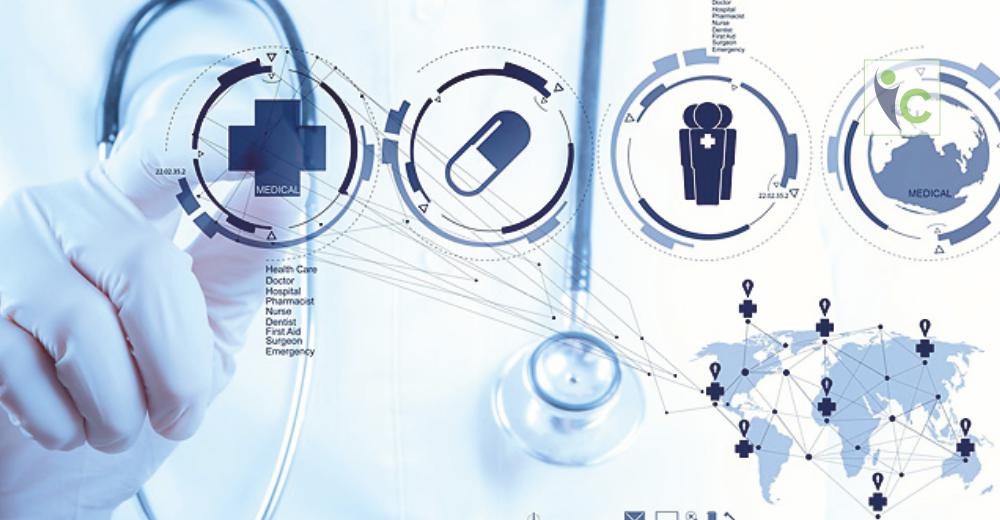The healthcare supply chain has remained manual and human processes are used to large extent in a fragmented network of suppliers and multiple products. Supply chain management is vital to any business and there is a pressure to increase efficiency, contain costs and satisfy demands across facilities and networks in healthcare. Clinical supply chains have their own delicate issues with the flow of information, supplies, equipment, and services.
Needs of Healthcare Sector
Unique needs of healthcare sector require a dedicated and fully customized supply chain solution. The quality and robustness of systems used to manage the healthcare products have not reached to the standard for supplies in hospitals and clinics. Healthcare sector deals with a critical inventory of medical supplies which is difficult to manage at manufacturer and distributor levels. Even the most sophisticated hospitals rarely use the technology that provides advanced networking, synchronization, and real-time collaboration for the vast number of manufacturers and distributors. This is pointing towards the necessity of adoption of technologies that have slowed down in comparison to more technology-intense industries like consumer goods or industrial manufacturing.
Outsourcing and Technology
Outsourcing has many advantages and helps a company focus on the core competencies. Hospitals and other healthcare establishments can focus more on the patients’ health improvement and research by outsourcing the supply chain management functions to technology-based companies.
All or part of supply chain operation can be outsourced but without the right systems and structure, there is a risk involved. Critical factors for the success of an outsourced supply chain environment are timely information, sophisticated controls, and excellence in execution.
Hospital Supply Chain Management System (HSCM)
The HSCM has the main objective to manage the materials and equipment for effective and timely use by like doctors and paramedical staff to provide better healthcare for patients. It integrates internal hospital services with external suppliers to provide a seamless experience. The task of the purchasing department is to procure the inventory at lower prices without compromising on the quality by reducing the lead times with the suppliers through competitive bidding, direct negotiation and group purchasing.
Smart SCM Technology
Improving product standardization for health systems by using technology to standardize products, supplies and equipment can bring to your health system. Product standardization improves operational efficiency, enhances financial performance and results in better clinical outcomes. Automated medical supply orders for physician practices Automate medical supply management processes which reduce manual inefficiencies that inflate costs. The technologies track the spending and provide opportunities for savings. Greater inventory management for surgery centers and seamless drug supply for pharmacies are other ways to improve healthcare with technology solutions.
Healthcare is a very huge sector in India with an estimated valuation of around eighty thousand crore rupees. The sector remained fragmented till very recently but there are efforts for modernizing Indian health care services. Companies are increasingly using their supply chains to compete and gain market share. Supply chain excellence is now recognized as an element of general business strategy.









